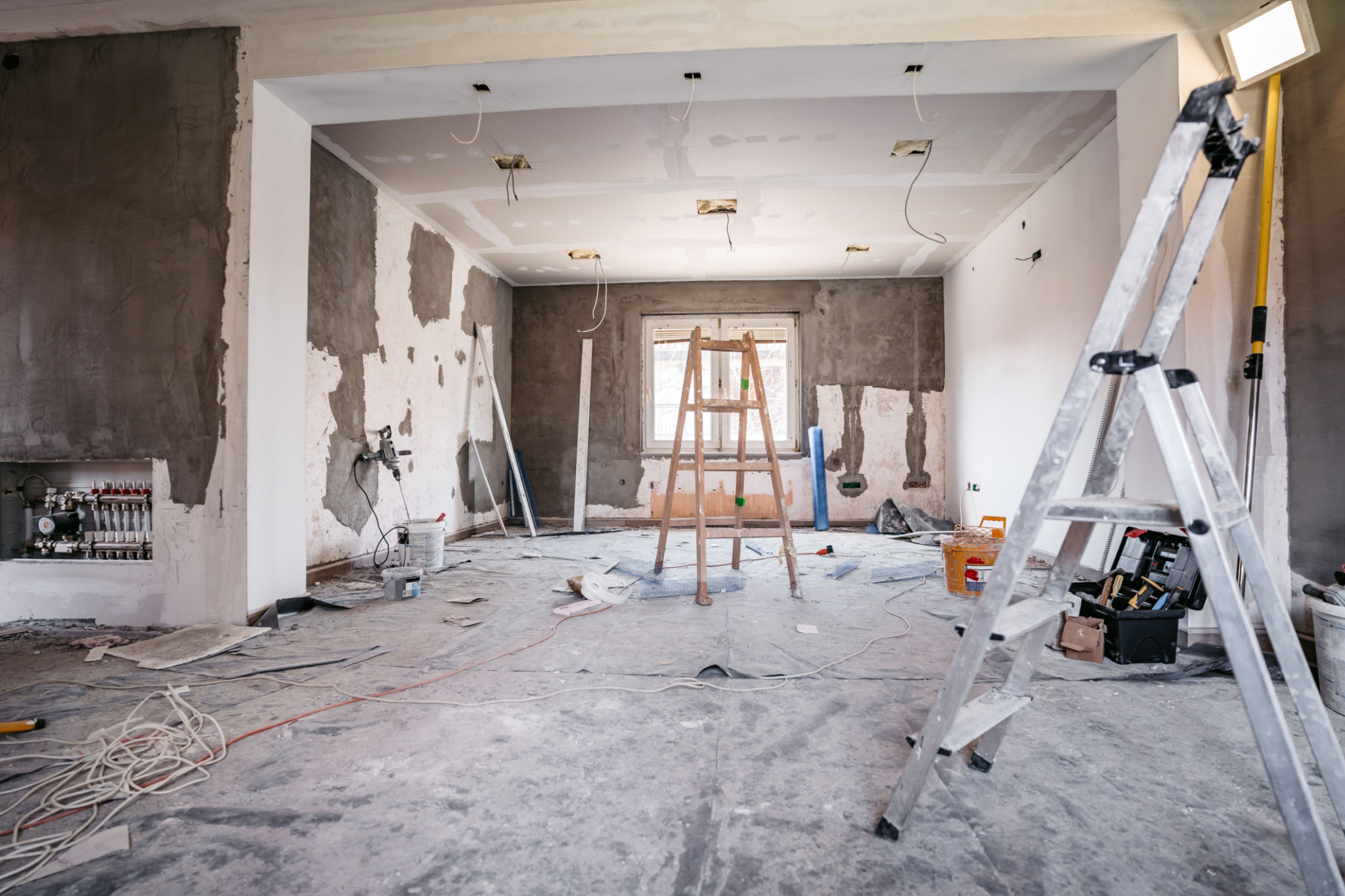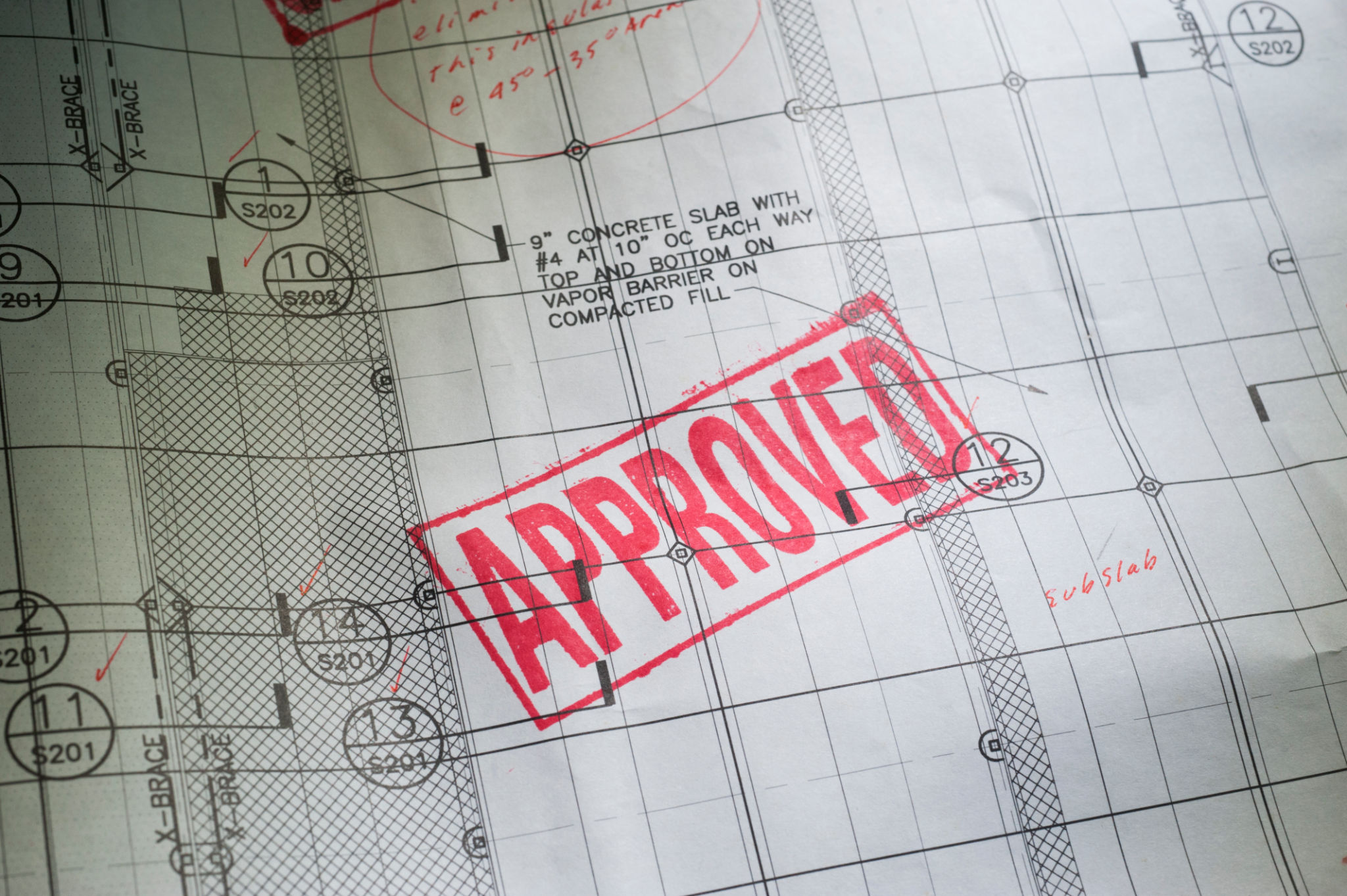Understanding Local Building Codes for Home Renovations
SH
Introduction to Local Building Codes
Embarking on a home renovation project can be an exciting yet daunting task. One crucial aspect that homeowners often overlook is understanding local building codes. These codes are essential for ensuring that any renovation work is safe, legal, and up to standard. Ignoring them can lead to costly fines and the need to redo work, so it's vital to be informed.

What Are Local Building Codes?
Local building codes are regulations set by local government authorities that dictate the standards for construction and renovation projects. They cover various aspects such as structural integrity, fire safety, and energy efficiency. Each municipality may have its own codes, which means what applies in one area may not be the same in another.
Building codes serve multiple purposes. They protect homeowners by ensuring that structures are safe and resilient against natural disasters. They also ensure that buildings are accessible and environmentally friendly. Therefore, understanding these codes is crucial for anyone considering a home renovation.
How to Find Your Local Building Codes
Before starting any renovation project, it's essential to research the building codes specific to your area. You can usually find this information on your local government’s website or by contacting the building department directly. Another valuable resource is hiring a professional contractor who is familiar with the local regulations.

Common Areas Covered by Building Codes
While building codes can vary widely, there are common areas they typically cover:
- Structural Requirements: These ensure that any changes do not compromise the building's stability.
- Electrical Systems: Regulations around electrical wiring ensure safety from potential fire hazards.
- Plumbing: Codes here ensure proper water supply and waste disposal systems.
- Fire Safety: This includes requirements for smoke detectors, sprinkler systems, and fire exits.
The Role of Permits in Home Renovations
Obtaining the necessary permits is a critical step in adhering to local building codes. Permits act as an official approval from local authorities to proceed with renovations. They ensure that your project plans comply with regulations and can save you from legal troubles down the road.

The Consequences of Ignoring Building Codes
Failing to comply with local building codes can have significant consequences. You may face fines or be required to halt your renovation project. In some cases, non-compliance could lead to insurance issues or even make it difficult to sell your home in the future. Thus, adhering to these codes is not just a legal requirement but also a wise decision for long-term benefits.
Tips for Navigating Building Codes Successfully
To successfully navigate local building codes, consider the following tips:
- Start Early: Research codes before beginning your project to avoid any delays.
- Consult Professionals: Work with architects or contractors who are knowledgeable about local regulations.
- Keep Records: Maintain copies of all permits and approvals for future reference.
- Stay Updated: Regulations can change over time, so ensure you're aware of the most current standards.
Conclusion
Understanding and adhering to local building codes is an essential part of any home renovation project. By doing so, you ensure the safety and legality of your renovations while protecting your investment in the long run. Take the time to familiarize yourself with these regulations and consult professionals when necessary to ensure a smooth and successful renovation process.
